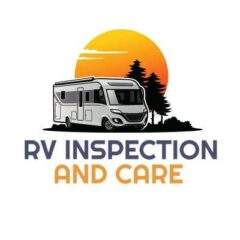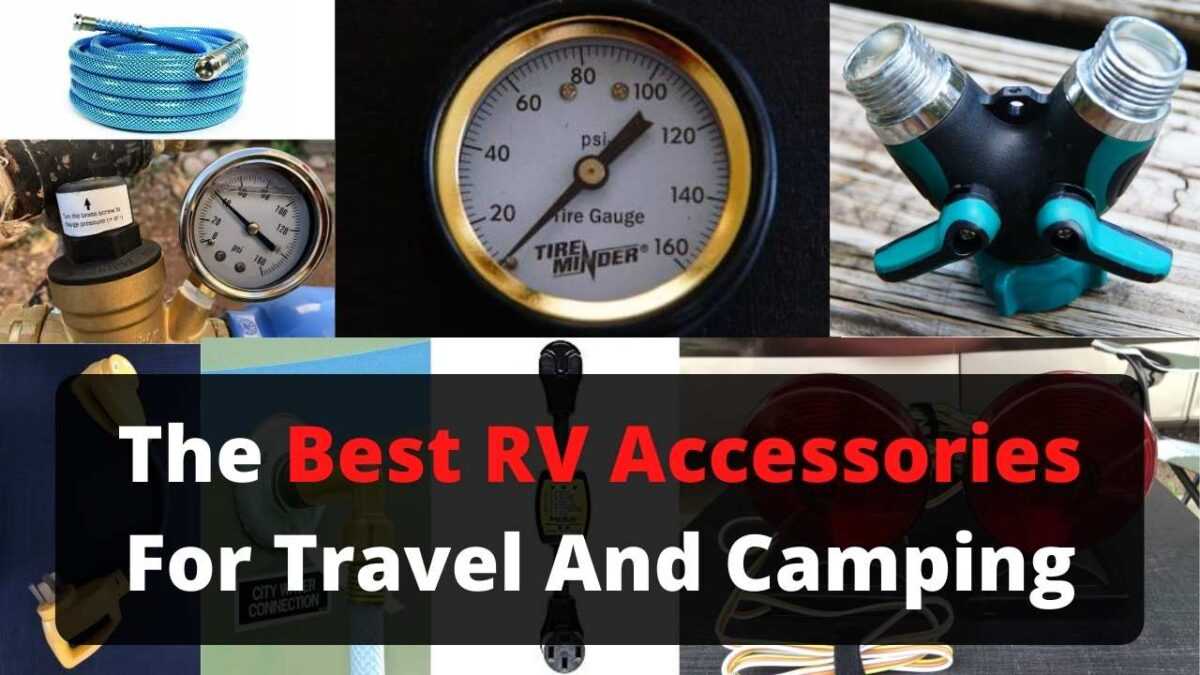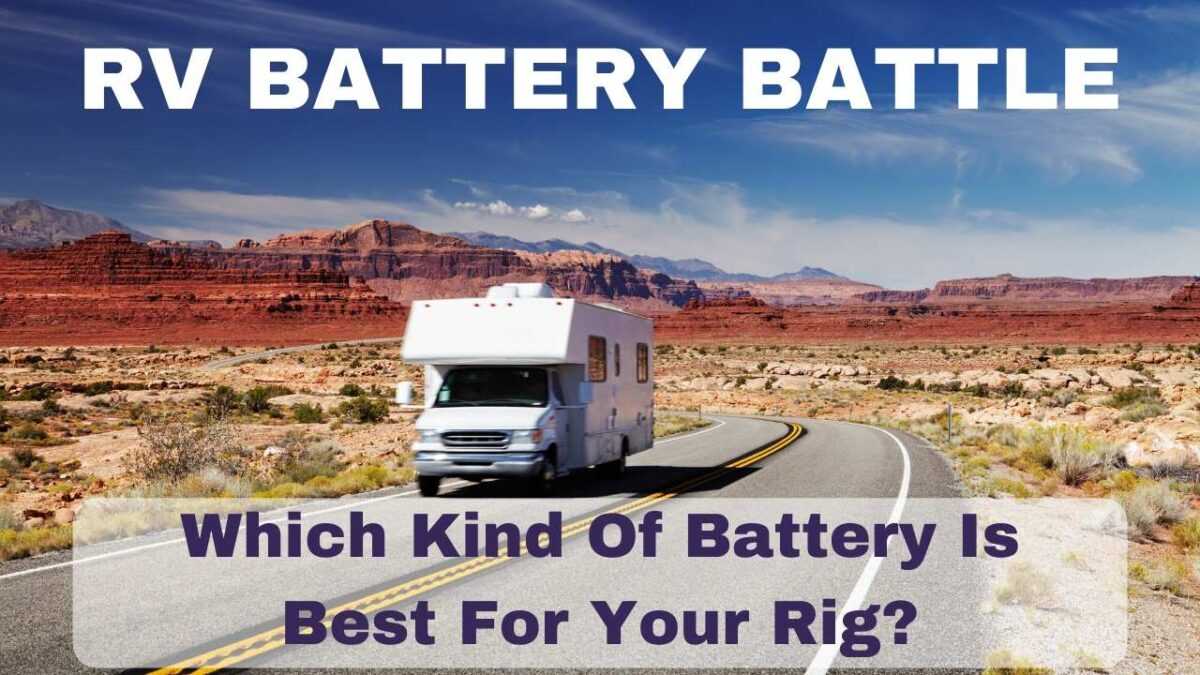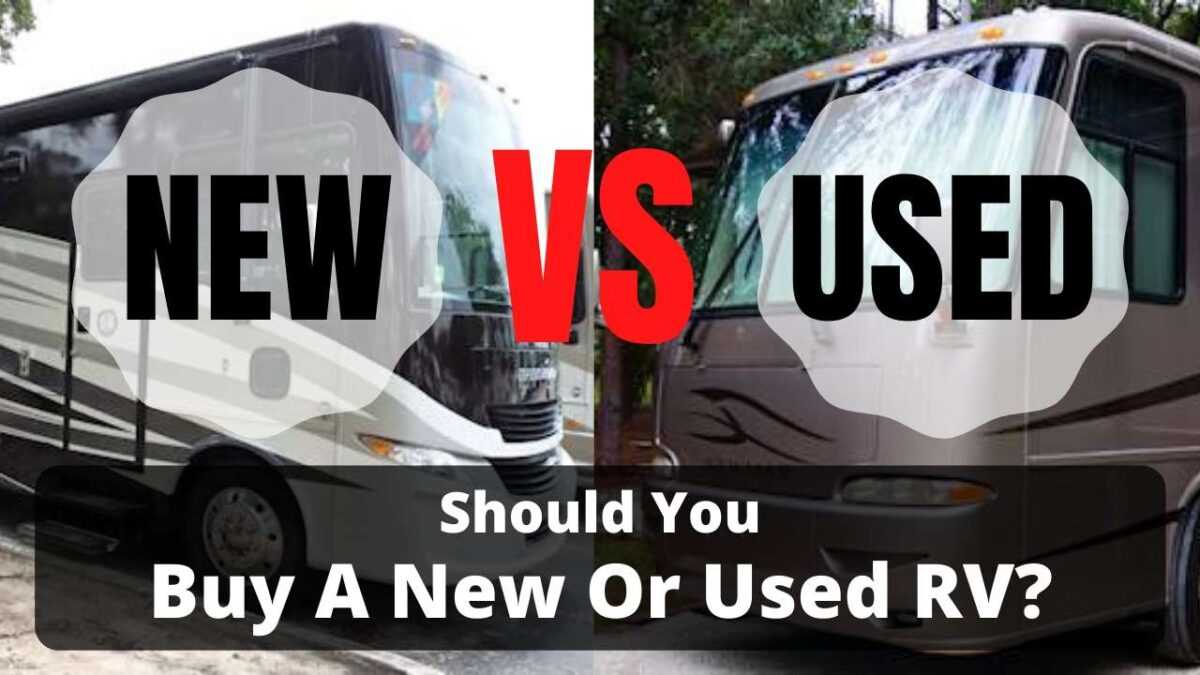It’s time for us to share some of the best RV accessories that we have found so far.
RV living is very unique and different from stationary, “sticks and bricks” life.
So it requires a whole different set of accessories and useful items to make RV life easier and more enjoyable.
So here is a list of some of our favorite RV accessories and gear that we use all the time.
Disclosure: Please note this post may contain affiliate links. This means – at no additional cost to you – I earn a commission if you make a purchase using our affiliate links. I only link to products and companies I use and feel comfortable recommending. The income goes toward supporting the free content on this website
Best RV Accessories #1 – RV Water Softener
If you travel a lot in your RV, it’s important to use a portable water softener. It can help protect your RV pipes, faucets and appliances.
This is because a lot of campgrounds have hard water. And hard water leaves harmful deposits that build up inside your pipes and appliances.
Over time, the buildup reduces their effectiveness and can eventually lead to potentially expensive repairs.
So using a portable water softener can minimize these issues. And it can even make your soaps, shampoos, and cleaning liquids more effective too!
Click here for my recommended RV water softener
Accessory #2 – 90 Degree Water Elbow
Many campgrounds have a water faucet that is located very low to the ground. And this can make it hard to attach a water hose to the faucet.
So the solution is a small metal 90 degree elbow that attaches to the faucet. Then your water hose can easily attach to the other end of the elbow.
This helps keep the hose nice and straight without kinking.
Click here for my recommended 90 degree water faucet elbow
Accessory #3 – Velcro Ties
Sometimes the simplest little items can make a huge difference in life. And velcro ties are definitely some of the best RV accessories that we have come across.
We use them all the time for various reasons. In fact, their use is only limited by your own imagination.
Sometimes we use them to organize power cords and computer cords. But I have also used them to keep my water hoses stored neatly.
We also use them in cabinet door handles to keep the doors shut as we travel down the road.
And we have used them to keep our awning tie downs from flapping in the breeze.
And if using just one is not long enough for your purpose, just add more!
There are so many ways that these simple little helpers can be useful in RV life.
Click here for my recommended RV velcro ties
Accessory #4 – Traffic Cones
Traffic cones are usually considered to be just a safety item. And it’s true that they should be in every RVers arsenal for that reason alone.
For instance, if your rig breaks down on the road, you can use them to warn oncoming traffic.
By spacing them out on the side of the road you are warning other drivers of the upcoming problem. This allows them to move over before reaching your rig.
But we have also found that traffic cones can be helpful for other purposes too.
One example is that some campgrounds allow you to choose your own campsite when you check in. So new arrivals are all driving around to claim their site, often at the same time. We like to do that in our car instead or our full rig.
So we often use a traffic cone to claim a site we want until we can get back and set up our rig. This makes sure that we don’t lose the site we want to someone else in the meantime.
But traffic cones are also great for anyplace where you park your rig and want to leave space to exit easily.
For instance, we have seen RVs parked at stores and places of business. Then other drivers unknowingly park too close to their rig and prevent them from leaving.
But using traffic cones, you can claim enough space around your RV to prevent that from happening.
Of course, there are other great uses for traffic cones in your RV travels too.
Click here for my recommended collapsible RV traffic cones
Best RV Accessories #5 – Water Pressure Regulator With Gauge
An unfortunate side effect of RV travel is the variations in water pressure that you encounter.
Some campgrounds have very low water pressure that only produces a trickle at your inside faucets.
Others have very high water pressure that can endanger the plumbing in your RV.
So a water pressure regulator is a necessity for RV travel. But most regulators you see don’t give you much information about the water pressure you are facing.
So how do you know whether the regulator is actually doing its job or not?
I prefer a water pressure regulator that has a gauge that is easy to read. And one that allows you to manually adjust the pressure up or down.
So if you have low water pressure, adjust it upward. If its high water pressure at the outside faucet, adjust it downward instead.
Click here for my recommended RV water pressure regulator with a gauge
Accessory #6 – RV Battery Maintenance
There are more choices available now when it comes to RV batteries than ever before.
But the good old wet cell lead acid battery is still the most popular choice among many RVers.
That’s because it really is proven technology that just works. And it comes at the lowest price of any RV battery type you could choose.
But the one thing you have to remember about lead acid batteries is that they require regular watering. And this is an area where some RVers are not sure about what to do.
But the whole battery watering process is made super easy with an RV battery water filler.
Just fill it with distilled water and put the nozzle in the open cell when the cap is removed. Then press down on the nozzle and it will automatically fill that cell with water up to the correct level.
Then just remove the nozzle and replace the cell cap. It really is that easy. I can usually water my battery bank of 4 wet cell batteries in just 10 minutes.
Click here for my recommended RV battery water filler
Accessory #7 – A Portable Screen Room
RVers that have smaller rigs often appreciate having a little more living space at the campsite.
But RVs only have so much room inside. And awnings are great, but they don’t protect you from bugs and insects. So what do you do?
Well, one way to get that extra space is to carry a portable screen room in your travels.
It will provide weather protection while also sealing out annoying bugs and insects if you are in a warm climate.
It essentially creates a comfortable living space outside your RV that can be set up and taken down as needed.
And they can fold down into a very small space for travel.
Click here for my recommended camping screen room
Accessory #8 – Walkie-Talkies
More damage is done to RVs while getting into and out of campsites than almost anything else.
And if you have a partner who can serve as a spotter for the driver, that’s a big help.
But how do you communicate well since the spotter can be several yards away from the driver?
Well, some RVers use a series of hand signals, and that can work well to a point. But the best way is to communicate by voice over walkie-talkies.
Some may use cell phones instead, but what happens when your cell service isn’t good?
The beauty of walkie-talkies for RVing is that they are always usable wherever you go.
And they are also great for hiking trips you may take while visiting an area in your RV.
Click here for my recommended RV walkie talkies
Accessory #9 – RV Shower Organizers
RV showers are notoriously small and cramped. And they often don’t have a lot of room for shower soaps and lotions either.
And if you have a family using the shower it can get difficult if everybody has their own favorite shower products. Where do you store all of those liquids and bottles?
Well, the good news is that there are shower organizers that easily dispense up to 3 separate soaps and lotions.
They easily mount securely to the RV shower wall and stay in place even while bouncing down the road.
And since they take up very little space, you can install more than one on the shower wall. This allows each person to have their own favorite shower products on hand when they shower.
When the liquids get low, just fill up the shower dispenser again. Easy, peasy!
Click here for my recommended shower organizer and dispenser
Best RV Accessories #10 – Earthquake Putty
Traveling down the road in an RV subjects your rig to small earthquake forces.
So all experienced RVers know that they have to store all their little knick-knacks and shelf items before they travel. Otherwise, they are probably going to have a mess when they they get to the campsite.
But there is another solution too, and that is something called earthquake putty.
It’s a flexible putty that you can place on the bottom of the small items in your rig. Then place them on a shelf or table and the putty will hold them securely in place as you travel.
This means that you don’t have to keep going through the cycle of storing them each time you travel.
Just put the earthquake putty on the item, secure it to a flat surface, and you’re done!
And if you want to remove that item or move it around just twist it and the putty releases its grip.
Click here for my recommended earthquake putty
Accessory #11 – Instant Pot
RVing is more enjoyable for many people when you keep things simple and uncomplicated. And the Instant Pot does just that.
If you like to be on the go while visiting an area in your RV, the Instant Pot is great for that.
Just prepare the ingredients before you leave for the day and toss them in when you get back. Because the Instant Pot uses high pressure for cooking, your delicious meal will be ready in no time.
And there are so many recipes on line that are quick and easy to make. Pinterest alone has an almost unending supply of great-tasting recipes.
It’s also small and compact and easily stows away when not in use. So it really fits in well with RV life.
Many full-time RVers we have met use the Instant Pot regularly. And I haven’t met anyone yet who was dissatisfied with it.



